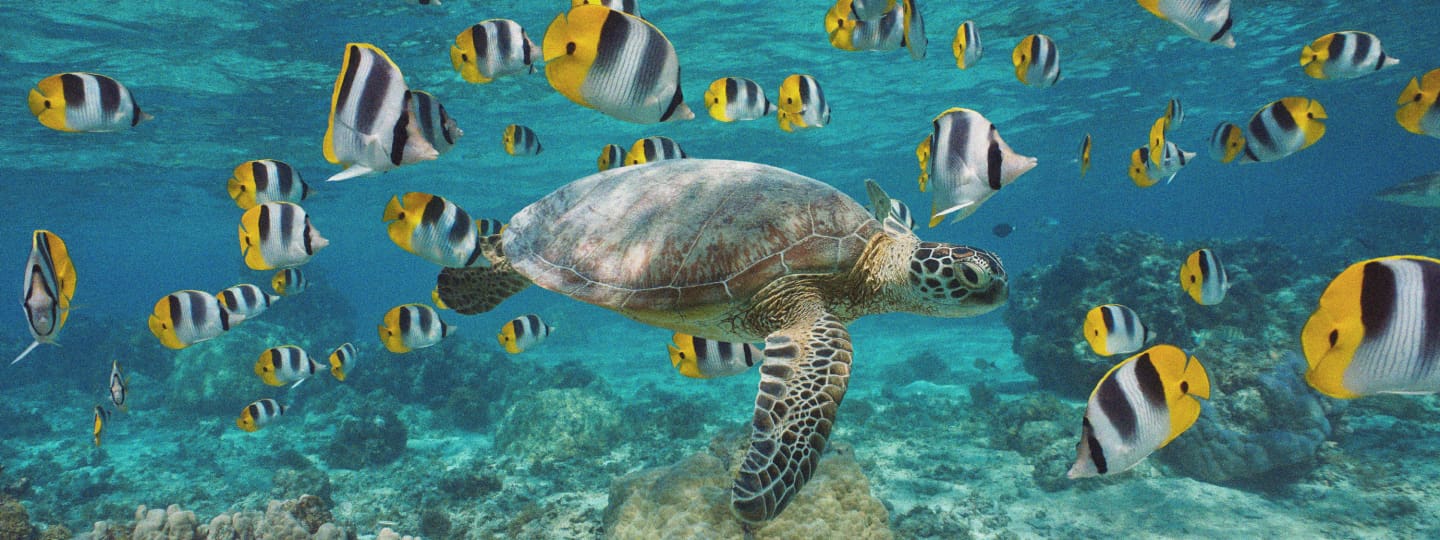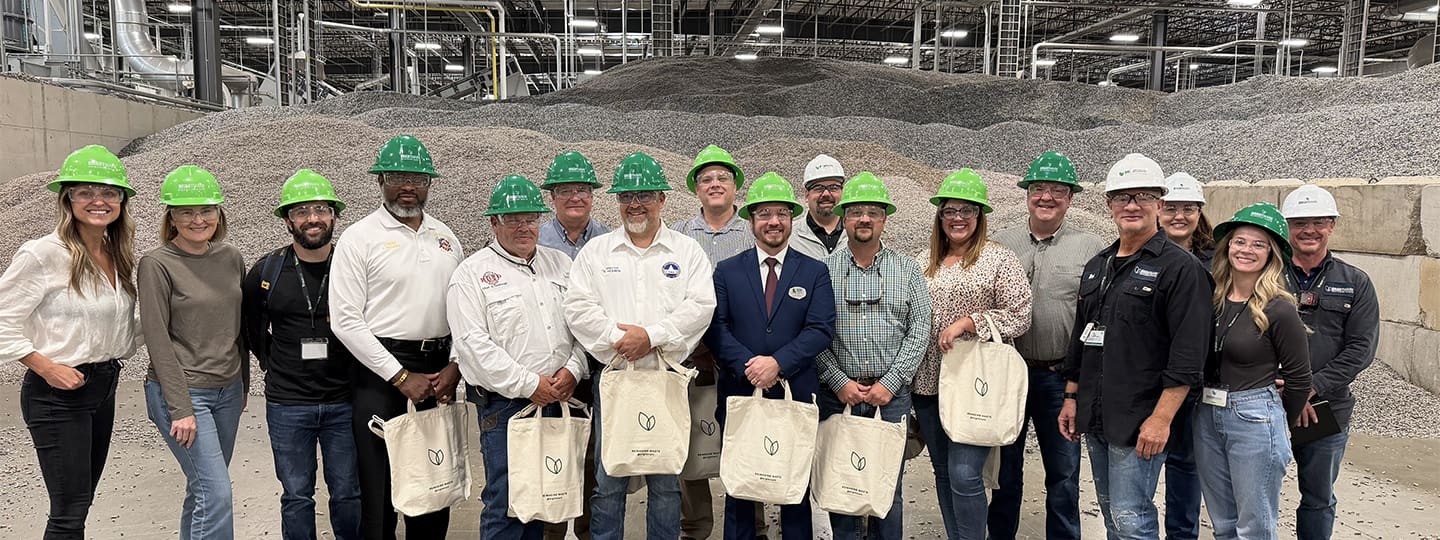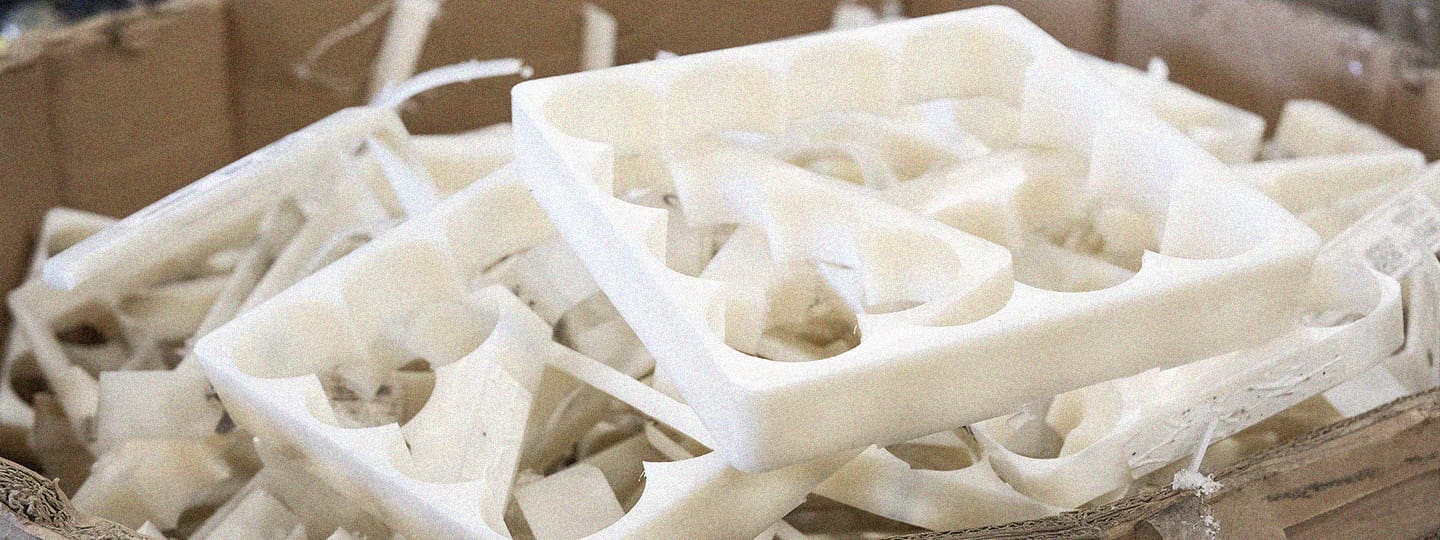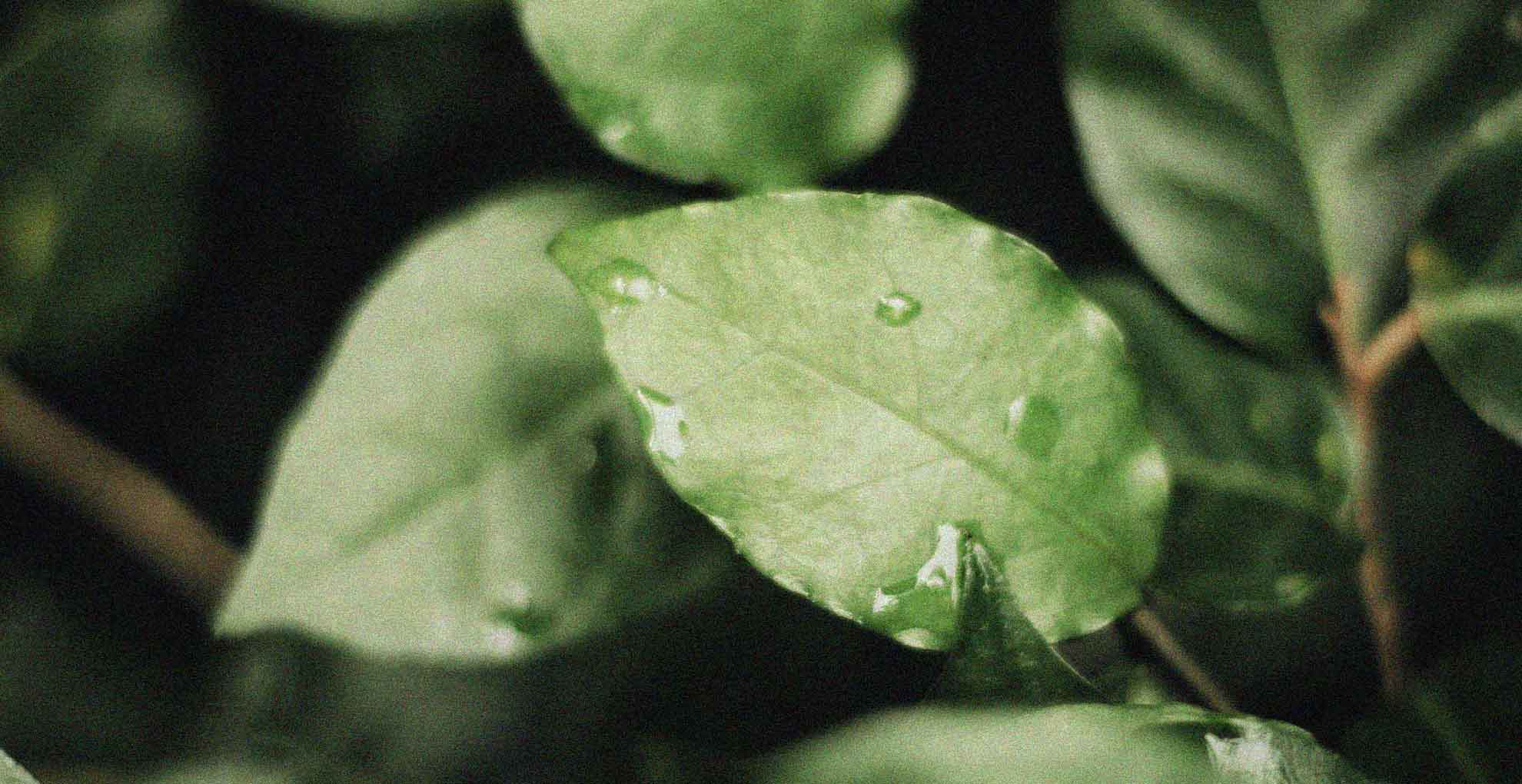The world’s oceans are facing an unprecedented crisis: plastic pollution. Plastic waste makes up 80% of all marine pollution, and researchers believe plastic will outweigh all the fish in the sea by 2050. This pervasive problem threatens marine life, ecosystems, and even human health. Amidst the growing concern, the Ocean Plastics Leadership Network (OPLN) is stepping up to unite stakeholders globally and encourage them to work together on a solution for plastic pollution.
The OPLN started in 2019 with a summit that brought together leading organizations from the plastics supply chain in the heart of the North Atlantic plastic gyre—a region of the Atlantic Ocean where plastic waste gathers—to inspire action. This shared experience catalyzed a powerful alliance, laying the groundwork for the OPLN. From there, they started on a mission to bridge divides and enable collaboration on behalf of the global plastics crisis.
The organization’s goal is multifaceted. It serves as a bridge, connecting over 400 activist-to-industry organizations worldwide. This diverse network fosters a unified voice for change, breaking down silos and fostering a shared understanding of plastic waste challenges. Additionally, the OPLN is dedicated to building capacity and equipping stakeholders with the knowledge and tools to participate effectively in crucial UN treaty discussions and other global efforts.
One of the OPLN’s key achievements is the launch of the Global Plastics Treaty Dialogues. Together with Greenpeace and the World Wildlife Fund, the OPLN initiated these dialogues to explore the potential of a global plastics treaty. The initiative brought together leaders from around the world, sparking crucial conversations and contributing to the momentum behind developing a legally binding agreement to address plastic pollution. Building on this success, the OPLN expanded its efforts to the national level by launching Country Dialogues in six countries. These dialogues facilitated discussions on local challenges and opportunities, enabling tailored solutions to be developed.
While the OPLN’s work is undeniably impactful, the challenge of plastic pollution is vast and complex. It requires a collective effort from individuals, businesses, governments, and international organizations to stop plastic waste at the source. Anyone can play a role in reducing the world’s plastic footprint by making conscious, sustainable choices daily. Here are a few tips to reduce plastic waste:
Reduce Single-Use Plastics
- Carry reusable items: Invest in reusable water bottles, coffee cups, shopping bags, utensils, and food containers.
- Say no to straws: Decline plastic straws when dining out. Many restaurants offer paper or metal alternatives.
- Choose bulk items: Opt for bulk food items to reduce packaging waste.
- Pack a lunch: Bring reusable containers for food and drinks.
Recycle Properly
- Get familiar with local recycling guidelines: Understand what plastics are recyclable locally and how to prepare them correctly.
- Avoid contamination: Recycle only clean, empty containers. Food residue can contaminate materials and make them unrecyclable.
- Support recycling initiatives: Encourage your community to improve recycling programs.
Support Sustainable Businesses
- Choose eco-conscious products: Look for products with minimal packaging or those made from recycled materials.
- Support businesses with sustainable practices: Patronize companies that prioritize reducing plastic waste.
Get Involved
- Volunteer for cleanups: Participate in beach or river cleanups to remove plastic from the environment.
- Spread awareness: Educate friends and family about the impact of plastic pollution.
- Advocate for policy changes: Support legislation that reduces plastic production and consumption.
Our commitment to the planet
At Brightmark, we are committed to Reimagining Waste®, sharing the OPLN’s vision for a future where plastics are recycled rather than discarded where they end up in landfills, incinerators, or the environment. With a focus on creating circular solutions for waste streams, Brightmark is deploying circular innovations that show real results, working toward a world without waste.
Want to learn how to get involved and make a difference? Browse our free resources for inspiration, information, and more.





